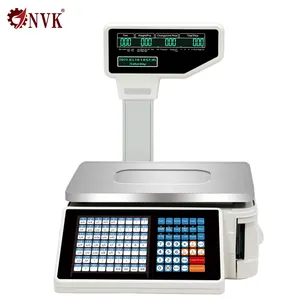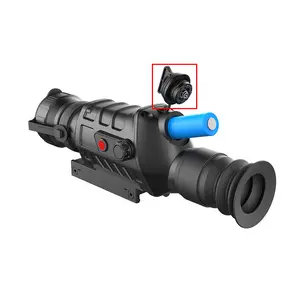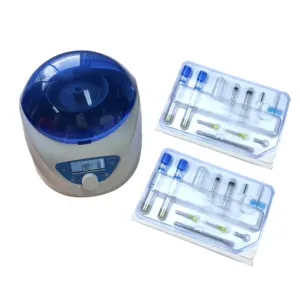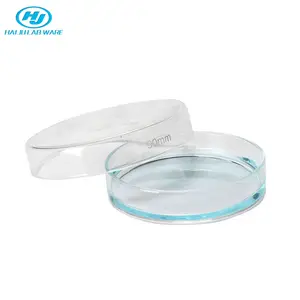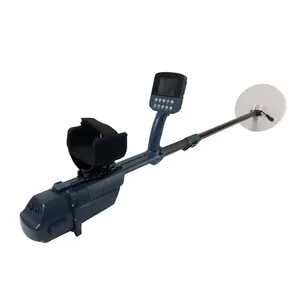Popular in your industry






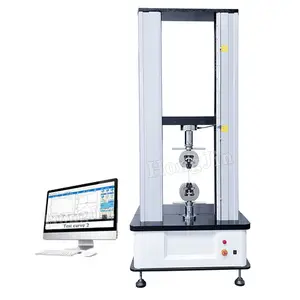











































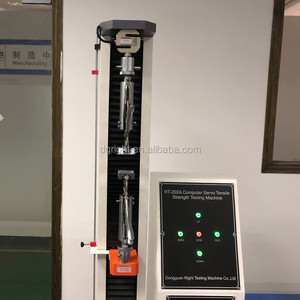









Related Searches:





























































































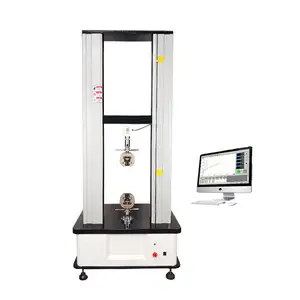




















































About tensile test for polymer
Understanding Tensile Testing for Polymers
Tensile testing for polymers is an essential analytical process, providing insights into the material properties of polymers. This testing method evaluates the tensile strength, elongation, and modulus of elasticity of polymer samples, which are critical for applications across various industries. By applying a controlled tension force, the test measures the resistance of a polymer to a static or slowly increasing load.
Types of Tensile Tests
The tensile test for polymer can be categorized based on the method of testing and the type of data required. Static tensile testing is the most common, where the load is applied gradually. Dynamic testing, on the other hand, involves applying a load at varying speeds to understand the behavior under different strain rates. Each type provides unique data points for material characterization.
Applications of Tensile Testing in Industry
Tensile testing for polymers is crucial in industries such as automotive, aerospace, and construction, where material reliability is non-negotiable. It ensures that polymer components can withstand the mechanical stresses they will encounter during service. This testing is also vital in the packaging industry to determine the durability and shelf life of polymer-based materials.
Features and Materials
The equipment used for tensile testing is designed to accommodate a diverse range of polymer materials, from thermoplastics to elastomers. Features of these testing apparatus include precise load measurement systems and adjustable test speeds to simulate various environmental conditions. The materials of the equipment components are selected to maintain integrity and provide consistent results over repeated tests.
Advantages of Tensile Testing
Implementing tensile testing for polymers offers numerous advantages, such as predicting material behavior under stress and improving safety standards. It also aids in quality control and helps in the development of new polymer composites with enhanced performance characteristics. The data obtained from tensile tests are invaluable for engineers and designers in making informed decisions about material selection and product design.
Selection Criteria for Tensile Testing Equipment
When selecting tensile testing equipment, it is important to consider the test's parameters, such as maximum force capacity and the rate of load application. The equipment should be versatile enough to handle various polymer types and shapes. Additionally, the precision of measurement and data acquisition capabilities are crucial for accurate analysis and reporting.
tensile test for polymer
